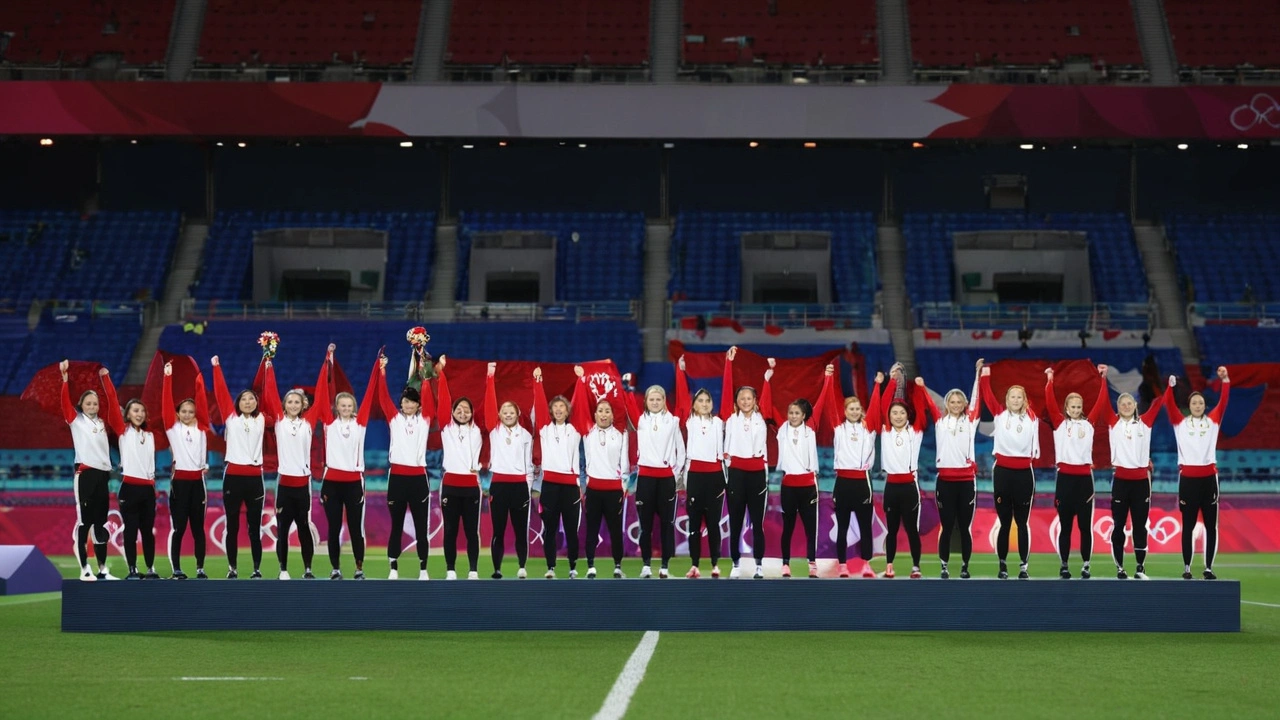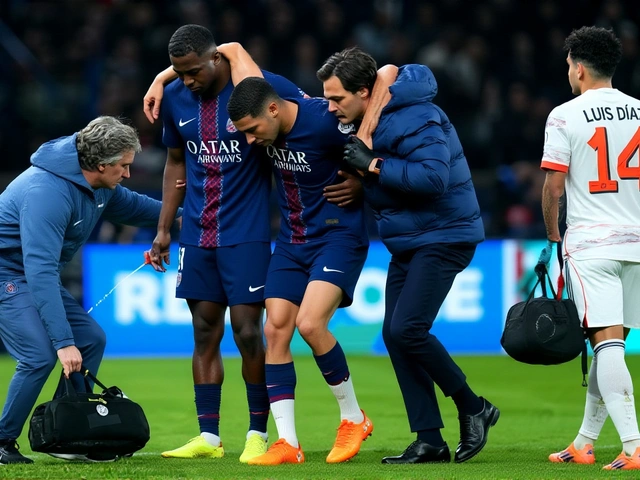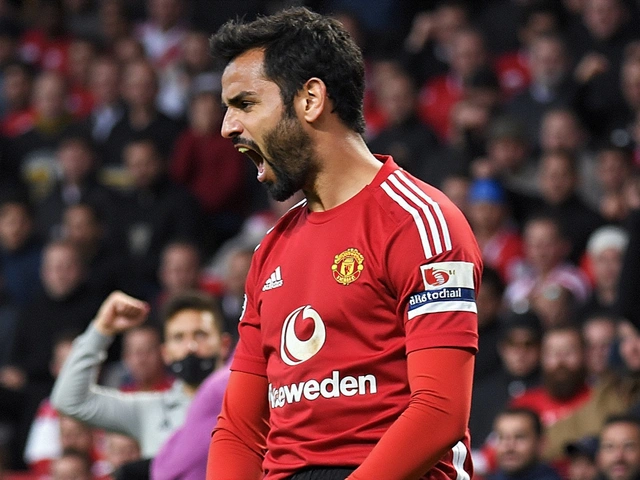Fair Play Violation: What It Means When Sport and Competition Go Wrong
One wrong whistle, a thrown object from the crowd, or a winner left without their prize — fair play violations show up in many forms and they break trust. You probably remember Lionel Messi furious with a referee in Inter Miami’s 3-3 draw with San Jose. That moment wasn’t just drama; it raised questions about decision-making, accountability, and the game's integrity.
Fair play violation isn't only about on-field fouls. It covers refereeing errors, unsportsmanlike conduct, crowd violence, match-fixing, and even off-field scandals like promised prizes not being delivered. Each type harms fans, players, and the sport’s reputation in different ways.
Common Types of Fair Play Violations
Referee controversy: Bad calls change results and careers. When referees miss clear fouls or make inconsistent decisions, teams and fans lose faith. The Messi-Joe Dickerson clash shows how a single decision can dominate headlines and seed longer debates about review systems and official training.
Crowd and safety incidents: Throwing objects, pitch invasions, or hostile fan behavior put players at risk and can lead to fines, stadium bans, or matches played behind closed doors. Rangers' game against Celtic had a coin-throwing incident that sparked police attention — a reminder that fan passion can cross a dangerous line.
Prize and contract disputes: Winning doesn't feel like winning if organisers fail to deliver rewards. K-Peace’s claim that Nigerian Idol promised him a car, cash, and a trip but didn’t pay up shows how fairness problems can extend beyond the pitch and into entertainment and business.
Match-fixing and corruption: The deepest breach of fair play. These cases destroy careers and can bring criminal investigations. Even rumors of fixing force leagues to act fast to protect competition integrity.
What Fans, Clubs, and Organisers Can Do
Want to help keep things fair? Start by sticking to simple steps. If you see misconduct, report it with time-stamped video or photos. Clubs should push for transparent reviews after controversial calls and publicly share findings. Leagues need clear rules, consistent punishments, and independent review panels so decisions don't look biased.
For stadium safety, organisers must enforce strict entry checks, ban dangerous items, and act swiftly on crowd trouble. For off-field disputes like unpaid prizes, a written contract with public terms protects winners and holds promoters accountable.
Fair play is a shared job. Players must respect the rules, referees need proper support and review mechanisms, and fans should back safe, respectful behaviour. When problems happen, clear evidence, quick investigations, and honest communication rebuild trust faster than denials or silence.
Want examples or the latest cases from Continental Scout Daily? Check our coverage of referee clashes, crowd incidents, and prize controversies to see how these stories unfold and what organizers are doing to fix them.
The Canadian women's Olympic football team faces a six-point deduction and year-long bans for three coaches due to a drone spying incident. Caught flying a drone over New Zealand's practice, two assistants and head coach Bev Priestman are deemed responsible for breaching fair play principles. The Canadian federation faces a 200,000 Swiss franc fine.
Recent-posts
Nov, 10 2025
Oct, 10 2024
Aug, 24 2024





